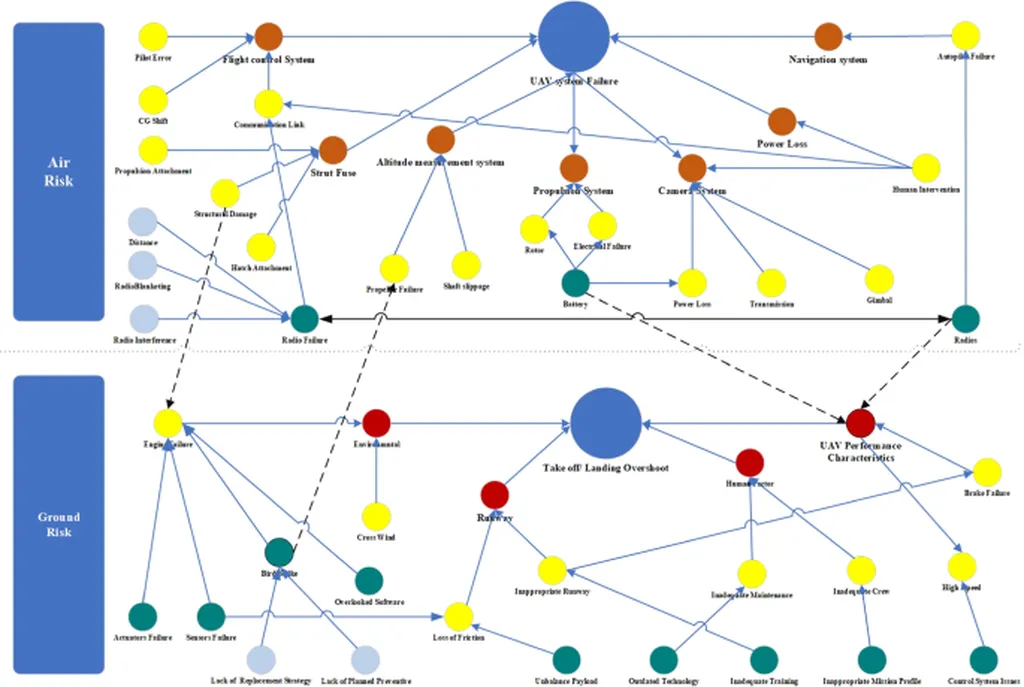Researchers from Carleton University, including Nesrine Cherif, Wael Jaafar, Halim Yanikomeroglu, and Abbas Yongacoglu, have published a study addressing critical challenges in unmanned aerial vehicle (UAV) based delivery missions, commonly referred to as cargo-UAVs. Their work focuses on optimizing UAV trajectories to minimize energy consumption and maintain reliable cellular connectivity, which are pivotal for the next evolution of the retail industry.
The study highlights three primary challenges in cargo-UAV operations: on-board battery consumption, cellular disconnectivity, and frequent handoffs between cellular networks. As UAVs become increasingly integral to cargo shipping and logistics, designing energy-efficient paths that ensure minimal disruptions in connectivity is essential. The researchers emphasize the need for trajectories that guarantee uninterrupted or slightly interrupted cellular connectivity, thereby reducing the number of handoffs required for command and control.
To tackle these challenges, the researchers formulated the trajectory planning problem as a multi-objective optimization task. The goal is to minimize both the UAV’s energy consumption and the handoff rate, while adhering to constraints such as the UAV’s battery capacity and the acceptable disconnectivity rate. Given the complexity of this problem, the team proposed a dynamic programming-based solution. This approach leverages computational techniques to explore various trajectory options and identify the most efficient paths that meet the specified criteria.
Through extensive simulations, the researchers demonstrated the effectiveness of their approach in providing optimized UAV trajectories. The simulations also allowed them to investigate the impact of several key parameters, including the UAV’s altitude, disconnectivity rate, and the type of environment in which the UAV operates. The results of these simulations offer valuable insights and practical recommendations for enhancing cargo-UAV operations.
The findings of this study have significant implications for the maritime sector, particularly in the context of autonomous shipping and logistics. As the industry increasingly adopts UAVs for cargo transport, ensuring energy efficiency and reliable connectivity becomes paramount. The proposed trajectory planning solution can help reduce operational costs and improve the reliability of UAV-based delivery systems. By minimizing energy consumption and maintaining stable connectivity, the maritime industry can enhance the efficiency and sustainability of its logistics operations, ultimately contributing to the broader transformation of the retail and shipping sectors. Read the original research paper here.

